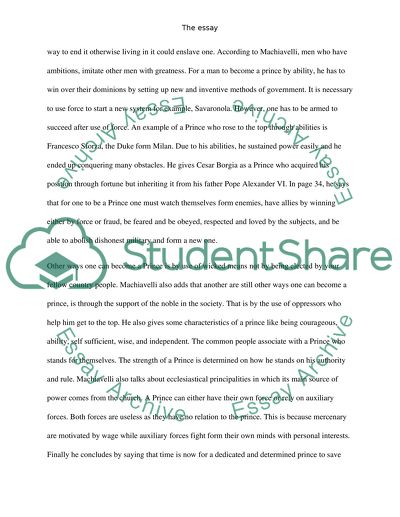Cite this document
(“Outline and discuss the main features of fascist political thought Essay - 1”, n.d.)
Outline and discuss the main features of fascist political thought Essay - 1. Retrieved from https://studentshare.org/miscellaneous/1565635-outline-and-discuss-the-main-features-of-fascist-political-thought
Outline and discuss the main features of fascist political thought Essay - 1. Retrieved from https://studentshare.org/miscellaneous/1565635-outline-and-discuss-the-main-features-of-fascist-political-thought
(Outline and Discuss the Main Features of Fascist Political Thought Essay - 1)
Outline and Discuss the Main Features of Fascist Political Thought Essay - 1. https://studentshare.org/miscellaneous/1565635-outline-and-discuss-the-main-features-of-fascist-political-thought.
Outline and Discuss the Main Features of Fascist Political Thought Essay - 1. https://studentshare.org/miscellaneous/1565635-outline-and-discuss-the-main-features-of-fascist-political-thought.
“Outline and Discuss the Main Features of Fascist Political Thought Essay - 1”, n.d. https://studentshare.org/miscellaneous/1565635-outline-and-discuss-the-main-features-of-fascist-political-thought.


